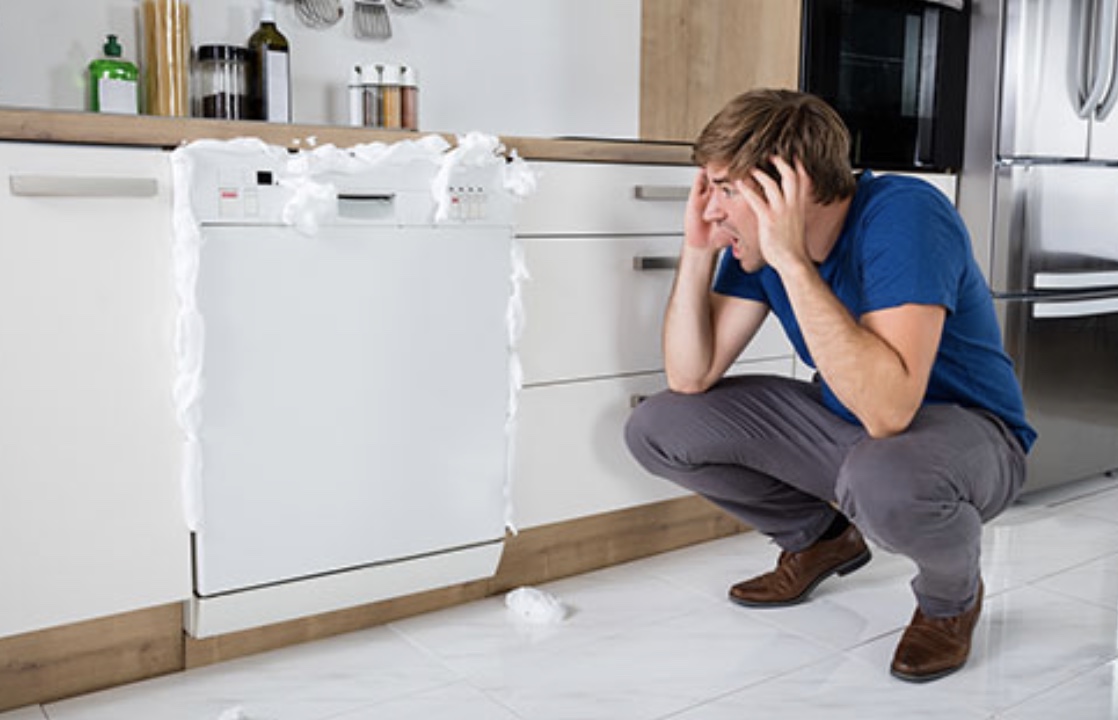Power can go off when you least expect it, and everything seemed fine. It may be your circuit breaker tripped. A tripping circuit breaker once in a while is okay as it prevents any electrical fires from occurring. However, when it happens often, there is a problem within your electrical system. Having electrical issues is stressful to many home and office owners. You may not know what the problem could be. Thus, since you depend on the power, you need a professional to look at it. Also, understanding what could trigger the tripping is vital for everyone’s safety. Electrical breakers trip for various reasons, and below are some of them.
Electrical overloads
A common reason for a breaker trip is a circuit overload. Meaning you have too many electronic devices and appliances loaded on the specific breaker. Therefore, breakers have a safety limit of the power they supply to your home and all appliances. Once it exceeds, the breaker trips automatically. For instance, if you try to install a piece of new electrical equipment that your electrical system cannot support, or you plug in a high-power electrical appliance in an area lacking access to safe amperage. Therefore, ensure that you are not overloading any circuits and if your electrical circuits keep tripping, consult expert electrician from Naples to troubleshoot any other possible causes.
Appliance failure

Appliance failure and overloading tie together to cause a circuit breaker to trip. A faulty, damaged, incompatible, or faulty appliance will use more power than it should and start an overload. For this reason, when you get a breaker trip, check all the electrical appliances related to the breaker. If it is hotter than usual, the issue may not be with the breaker or the electrical outlets but with the appliance itself. So, check your appliances and have regular maintenance to ensure they are in good condition before using them.
Short-circuiting
Short-circuiting happens when an active wire comes in contact with other active wires. How can you tell when this occurs, and it’s behind the walls? Blackening around the outlet is a common way, or if you can smell burnt wires as well. Short circuits are dangerous and if you notice any of these signs, contact your local electrician immediately. Plus, to be safe when dealing with short circuits, it is best to avoid interacting with your outlet. Leave the circuit breaker tripped until your electrician arrives. In this way, you will prevent any further damage.
Storms
If lightning strikes your home or a nearby electrical cable, it can trip all of your circuit breakers in an instance. If not, maybe it will affect one or two. However, in usual circumstances, the problem does not last long. But, if your power does not come back on, it is best to call an electrical repair company in your locality to check the issue further. This is vital as a storm can cause harm that may be visible or unaware of, and only a professional electrician can help with such a problem.
Ground fault
This is a fault as you attempt to ground your wires. The ground fault is more like a short circuit, if not identical to it. The interaction is where the difference lies. For a ground fault to happen, a hot wire meets a grounding wire, and therefore the safe grounding of your outlet becomes dangerous and void. To handle this issue, it should be similar to how you handle a short circuit issue. Call in an expert to sort it out for safety and to use their expertise.
To sum up, the above are some of the causes why your circuit breaker trips. A circuit tied to your circuit breaker and goes beyond the safety parameters causes a breaker trip. Understanding why it happens is vital to ensure your property is safe and anyone around or in it. Once your electrician comes to rectify the issues, you can ask more about the reasons your circuit breaker trips and more signs that suggest there is an issue with your circuit breaker. In this way, you know what is going on with your circuit breaker and when you need to contact an electrician immediately.





